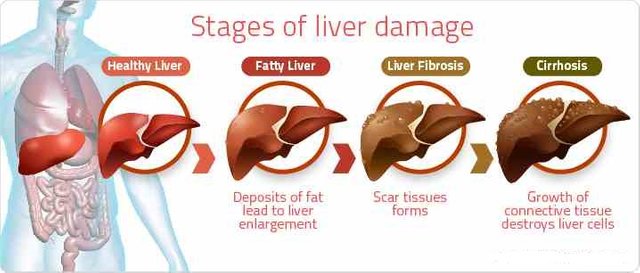
what is liver transplant?
A liver transplant is a surgical procedure that removes a liver that no longer functions properly (liver failure) and replaces it with a healthy liver from a living or deceased donor.
what is function of liver in our body?
the main function is to make new blood cells it also clean the blood and save us from different disease.
other funtions are as follows:-
1-Removing bacteria and toxins from the blood
2-Preventing infection and regulating immune responses
3-Processing nutrients, medications and hormones
4-Producing bile, which helps the body absorb fats, cholesterol and fat-soluble vitamins
5-Making proteins that help the blood clot
When Is a Liver Transplant Needed?
A liver transplant is considered when the liver no longer functions adequately (liver failure). Liver failure can happen suddenly (acute liver failure) as a result of viral hepatitis, drug-induced injury or infection. Liver failure can also be the end result of a long-term problem. The following conditions may result in chronic liver failure:
1-Chronic hepatitis with cirrhosis.
2-Primary biliary cholangitis (previously called primary biliary cirrhosis, it isa rare condition where the immune system
3-inappropriately attacks and destroys the bile ducts)
4-Sclerosing cholangitis (scarring and narrowing of the bile ducts inside and outside of the liver, causing the backup of bile in the liver)
5-Biliary atresia (a rare disease of the liver that affects newborns)
Alcoholism
6-Wilson's disease (a rare inherited disease with abnormal levels of copper throughout the body, including the liver)
Hemochromatosis (a common inherited disease where the body has too much iron)
7-Alpha-1 antitrypsin deficiency (an abnormal buildup of alpha-1 antitrypsin protein in the liver, resulting in cirrhosis)
How Are Candidates for Liver Transplant Selected?
Specialists from a variety of fields are needed to determine if a liver transplant is appropriate. Many health care facilities assemble a team of such specialists to evaluate (review your medical history, do tests) and choose candidates for a liver transplant. The team may include the following professionals:
1-Liver specialist (hepatologist)
2-Transplant surgeons
3-Transplant coordinator, usually a registered nurse who specializes in the care of liver-transplant patients (this person will be
your primary contact with the transplant team)
4-Social worker to discuss your support network of family and friends, employment history, and financial needs
5-Psychiatrist to help you deal with issues, such as anxiety and depression, which may accompany a liver transplant
6-Anesthesiologist to discuss potential anesthesia risks
7-Chemical dependency specialist to aid those with history of alcohol or drug abuse
8-Financial counselor to act as a liaison between a patient and his or her insurance companies
hope you like it ...please resteem it for others and X vote it. it will be great appreciation.
@mubashar1122 give your feedback !! we are waiting.